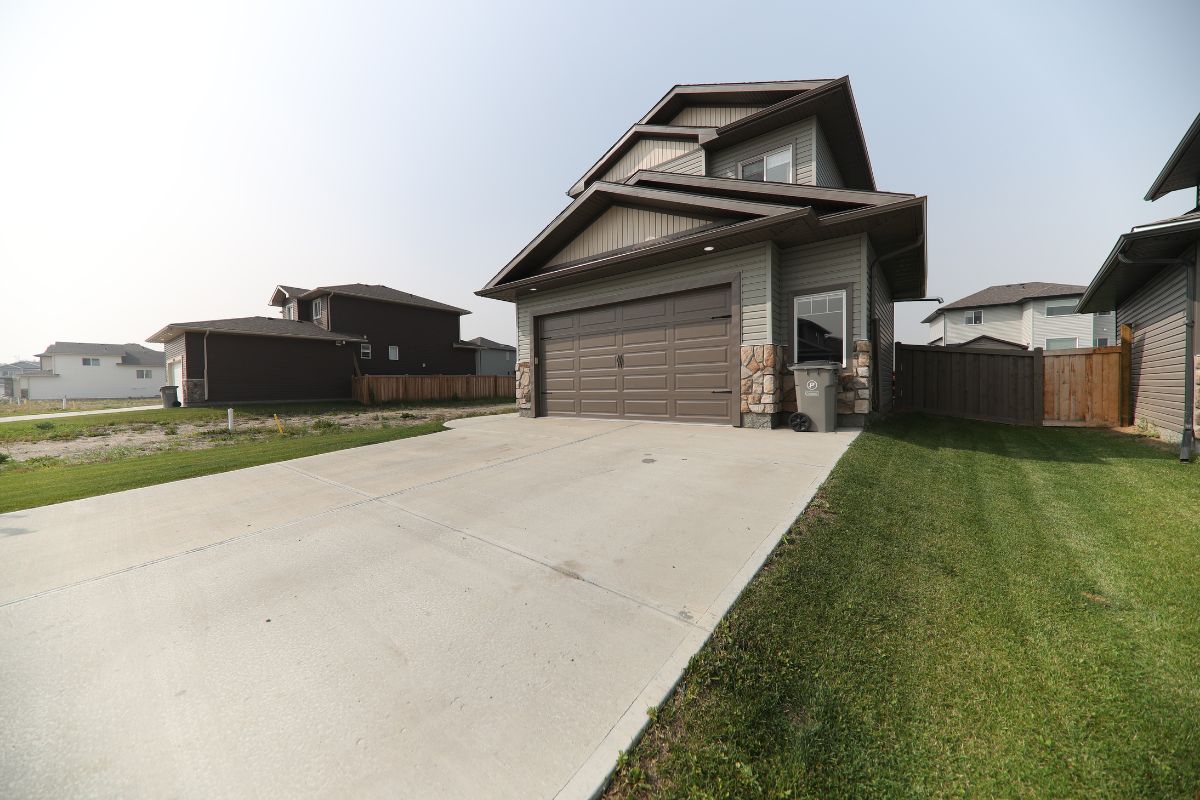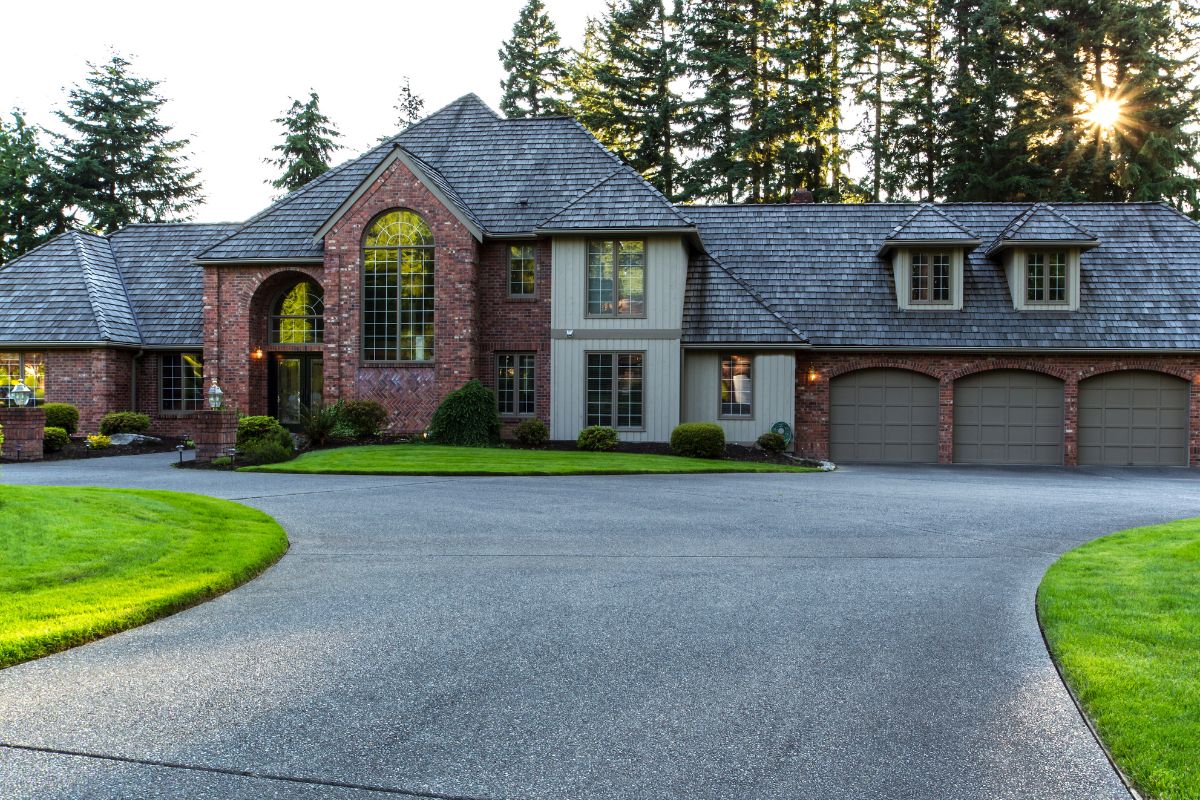Can you provide more information about the pros and cons of resin driveways?
While resin driveways offer numerous advantages, it's important to consider potential disadvantages as well. One disadvantage is the initial cost of installation. Resin driveways can be relatively more expensive compared to other driveway options, such as concrete or asphalt. The cost can vary depending on factors such as the size of the area, the complexity of the installation, and the choice of materials.
The sub-base is the bottommost layer, usually made of compacted hardcore or crushed stone, which serves as a stable foundation. It helps to distribute the weight evenly and prevent sinking or shifting of the driveway. On top of the sub-base, a binder course is added, which is a layer of compacted aggregate mixed with a binder material like resin or bitumen. This layer creates a solid and level surface for the resin to adhere to.
Cleaning a resin driveway is a relatively simple process that can help maintain its appearance and longevity. Regular cleaning can remove dirt, debris, and stains, keeping the surface looking clean and fresh. To clean a resin driveway, start by removing loose debris or leaves using a broom, brush, or a leaf blower.
An anthracite resin driveway refers to a type of resin-bound or resin-bonded driveway that utilizes anthracite-colored aggregates. Anthracite is a dark gray to black coal-like substance that is commonly used in construction materials. When used in a resin driveway, anthracite aggregates create a sleek and sophisticated appearance.
Average Cost of Resin Driveway:


